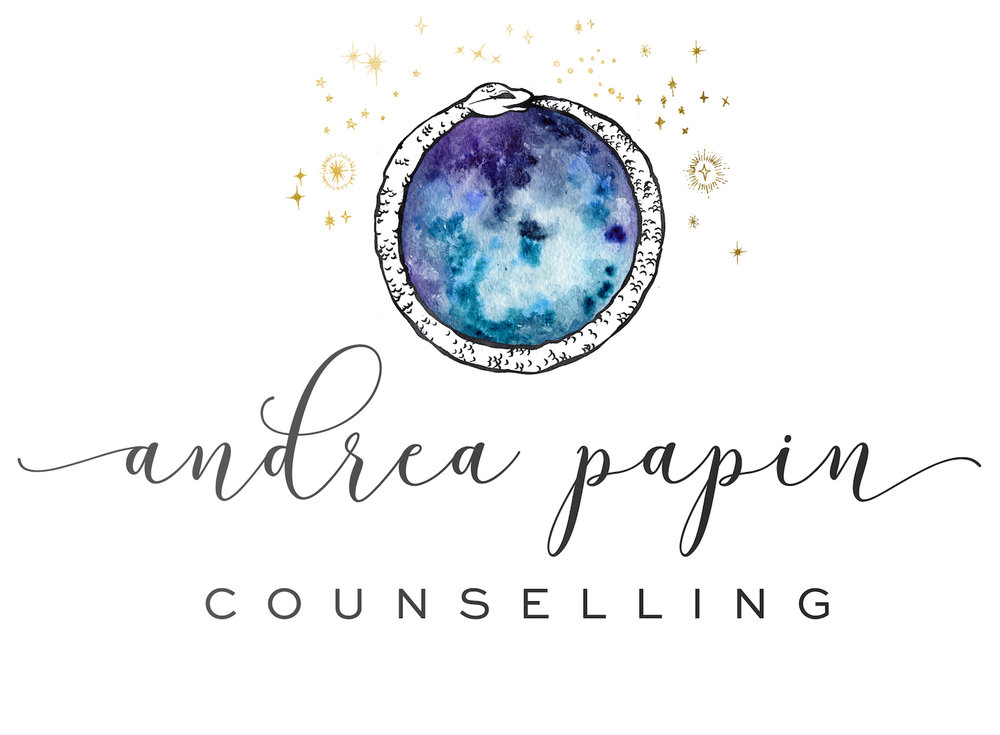We often speak of the importance of self care to mitigate the effects of trauma. This can be useful and important, but only when it feels doable.
✨
Especially in cases of developmental trauma, it can feel extremely challenging at times to do anything nurturing for yourself.
✨
When we are children, we learn through our caregivers how to care for ourselves and we develop an innate sense of what we need and what we feel like we are entitled to. When we don’t have this modelled for us and haven’t built these foundations, it can make it challenging to actually carry out many of the actions we need to feel cared for. At times we may know what we need and feel frozen, and unable to act. At other times we may not even be tuned into what it is that we need.
✨
You are not a failure if you find it difficult to do things that others seem to take for granted and find easy. Each person has a different capacity based on their childhood experiences of care. These foundational experiences, even while we are in the womb, are the building blocks of our bodily systems that dictate our resources, our energy levels and our internal felt sense of self. Even the experiences of care that our parents, and grandparents received effects our capacity for self care.
✨
If you find that you have trouble executing the self care plan that a practitioner has set out for you, know that there are much more powerful forces at work than just your willpower. It’s not always enough to know what you “should” be doing.
✨
This is not to say that we cannot change or heal, but that often there is a kind of symbiosis that needs to occur between being caring for ourselves and paying attention to the ways that it is difficult to do so. Sometimes just knowing the potential source of why we are struggling allows us to offer ourselves patience while we work to feel more resourced.
